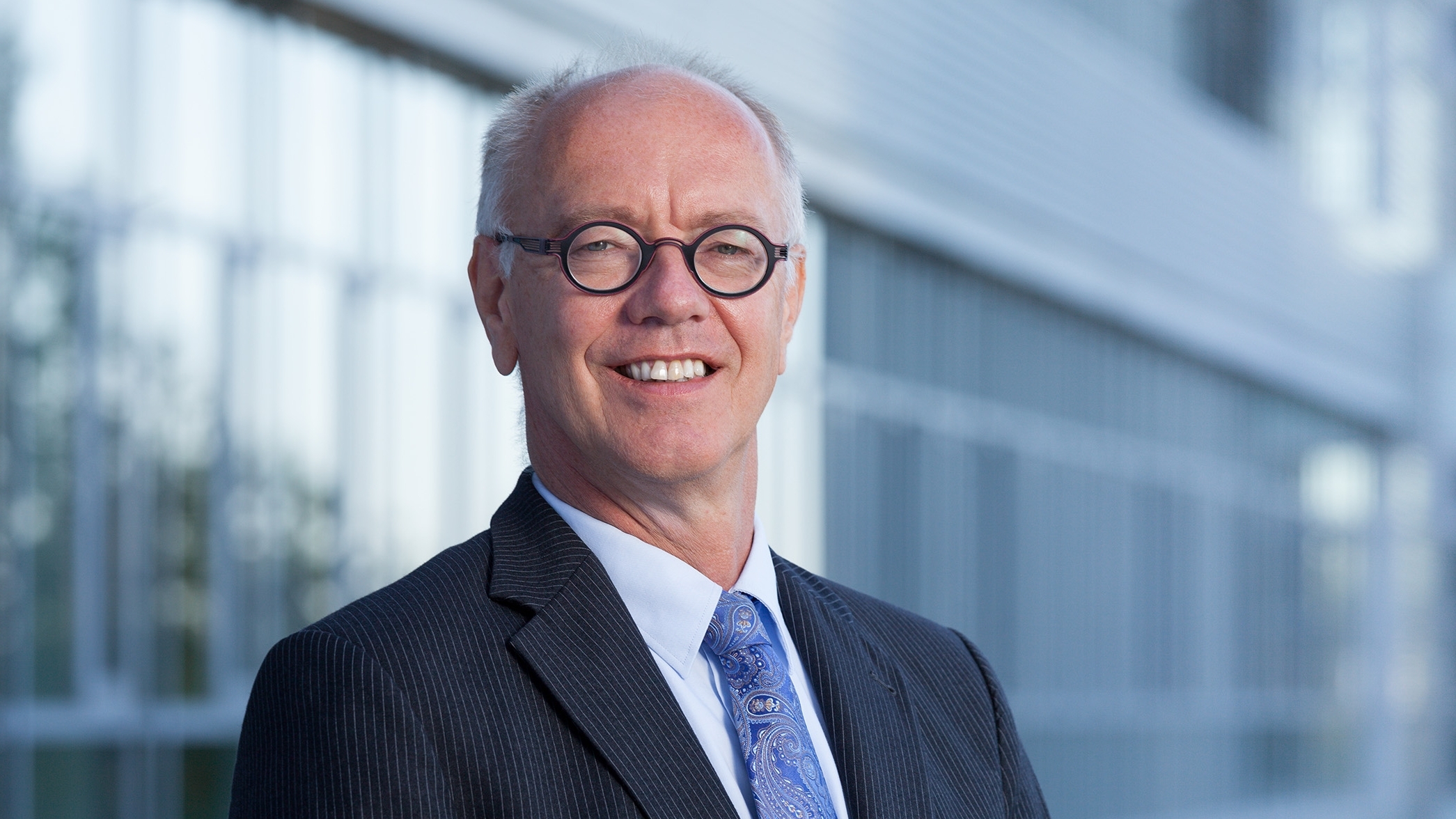Dr. Rutger Wijburg will be the new Chief Operations Officer (COO) and member of the Management Board of Infineon Technologies AG from April 1, 2022. In this role, he succeeds Jochen Hanebeck, who in turn takes over as Chairman of the Management Board from Dr. Reinhard Ploss as planned.
Wijburg joined the company in 2018 and, as Managing Director of Infineon Dresden, was responsible for the successful ramp-up of highly automated 300-millimeter production. After assuming the role of Head of Frontend in early 2021, Wijburg focused on the expansion of compound semiconductor capacities and was instrumental in establishing the concept of the 300-millimeter 'One Virtual Fab' cluster. He has more than 30 years of international experience in the semiconductor industry.
At the same time, the company announced its intention to expand its leading position in the market for power semiconductors by strongly building up further production capacities in the area of compound semiconductors based on silicon carbide and gallium nitride (SiC and GaN). To this end, more than € 2 billion will be invested in a third module at the Kulim site in Malaysia. At full capacity, it will enable an additional € 2 billion in annual sales with products of the aforementioned technology. The expansion is in line with the company's long-term manufacturing strategy. It will benefit from the excellent economies of scale that have already been achieved with the 200-millimeter production in Kulim, according to the company. Following the 300-millimeter production facilities in Villach and Dresden, this third production facility will complement Infineon's leading position in the silicon sector.
Infineon is also strengthening its commitment to the development of quantum computing technology in Germany and Europe. In addition to existing initiatives and collaborations, the chip manufacturer is also participating in six other research projects that are being funded as part of the German government's economic stimulus and future package for quantum technologies. Infineon is contributing its expertise in microelectronics and industrial production as well as its experience as a user of future quantum computers to the collaboration with research institutions and industrial partners. The aim of the research projects is to remove obstacles to the use of quantum technology. To this end, demonstrators are to be built, electronic controls integrated and software developed for the use of quantum computers. The challenges are still great in all areas: the development of quantum computing towards practical use is not just about making more and better qubits available for calculations. Rather, a holistic approach is required that takes into account not only the hardware but also the peripherals, software and application. Infineon brings experience in scaling and production to the various areas and demonstrates possible use cases.
In detail, the following projects are involved:
- In the ATIQ (Trapped-Ion Quantum Computer for Applications) project, 25 partners from research institutions and industry are developing an ion trap-based quantum computer demonstrator that can be made available to users reliably and around the clock within 30 months. Initially, this demonstrator will work with ten qubits and will later be scaled up to more than 100. Infineon contributes expertise from ion trap projects as well as in control and cryoelectronics.
- MuniQC-SC (Munich Quantum Computer based on Superconductors) is developing a quantum computer demonstrator based on superconductors. Ten research and start-up partners as well as Infineon are working on the project, which includes laboratory, small series and industrial production. In particular, the chip manufacturer is contributing its expertise in industrial semiconductor manufacturing processes.
- The QuMIC (Qubits Control by Microwave Integrated Circuits) project, in which a total of six partner institutions are working, focuses on the miniaturization of high-frequency and control electronics for quantum computers based on ion trap or superconducting qubits. Infineon is coordinating the project and concentrating on research into highly integrated computer chips in the high-frequency range and their integration into quantum electronics. The focus is also on the development of compact multi-chip modules.
- QVOL (volume production of quantum sensors using the example of magnetic field sensors in silicon carbide) is the first quantum sensor project in which Infineon is involved. Infineon is leading the research consortium of six partners. Infineon's main task is to develop quantum sensor structures based on silicon carbide technology that are suitable for high-volume production.
- As part of the QuaST (Quantum-enabling Services and Tools) project, software tools are to be developed that will make it much easier for users to access quantum computers. The aim is to simplify the previously very specialized programming methods so that programmers no longer need to have special knowledge of quantum computing; instead, the software makes the necessary adjustments to the hardware in the background. This includes, in particular, the automated decomposition of optimization problems from industrial problems for classical high-performance computers and quantum computers. Six partners are involved in the project. Infineon provides concrete application examples from the global supply chain.
- The QuBRA (Quantum methods and Benchmarks for Resource Allocation) project is developing algorithms and benchmarking to determine the practical advantage of quantum computers compared to classical approaches, for example in machine learning. Among other things, this makes it possible to determine when it makes more sense to use a quantum computer and when it makes more sense to use conventional computers. Infineon is also contributing application scenarios from the supply chain to this project with a total of six partners.


